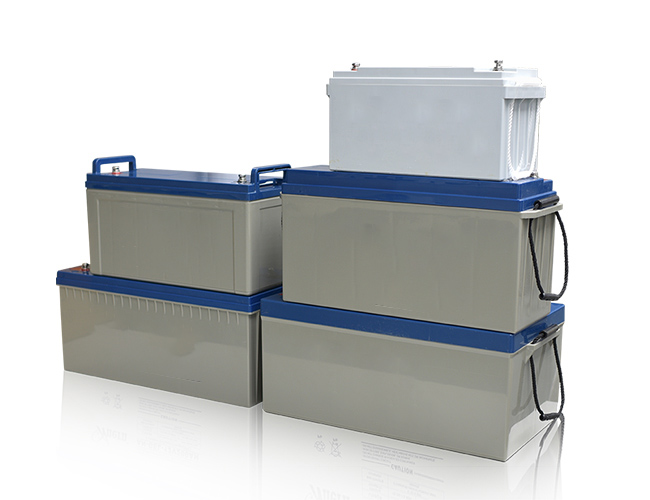Battery pack short circuits can have various causes, ranging from manufacturing defects to external factors or internal failures.
- Manufacturing Defects:
- Poor assembly or welding during the manufacturing process can create internal shorts within battery cells or between different components within the battery pack.
- Contaminants or foreign objects inadvertently introduced during assembly can also lead to short circuits.
- Physical Damage:
- Mechanical damage, such as punctures, cracks, or crushing, can compromise the integrity of battery cells or the pack casing, leading to short circuits.
- External impact or mishandling during transportation, installation, or usage can cause physical damage that results in short circuits.
- Overcharging or Overheating:
- Overcharging a battery can cause excessive heat generation and thermal runaway, leading to internal short circuits.
- High temperatures, whether due to overcharging, ambient conditions, or external heat sources, can accelerate the breakdown of internal components and insulation materials, increasing the risk of short circuits.
- Cell Imbalance or Deterioration:
- Variations in cell characteristics, such as capacity, internal resistance, or state of charge, can lead to imbalances within the battery pack.
- Over time, individual cells may deteriorate due to cycling, aging, or manufacturing defects, increasing the likelihood of short circuits, especially if the weaker cells are subjected to excessive stress.
- External Factors:
- Exposure to moisture, corrosive chemicals, or conductive materials can compromise insulation materials or cause corrosion, leading to short circuits.
- Environmental factors such as vibration, shock, or excessive mechanical stress can exacerbate existing weaknesses in the battery pack’s structure or components.
- Design Flaws or Poor Quality Control:
- Inadequate design, improper component selection, or insufficient quality control during manufacturing can contribute to short circuits.
- Poorly designed or implemented safety features, such as inadequate insulation, insufficient spacing between cells, or ineffective thermal management, can increase the risk of short circuits.
- External Short Circuits:
- External electrical faults or mishaps, such as faulty wiring, accidental contact with conductive materials, or improper installation, can cause short circuits in battery packs.
Detecting and preventing short circuits require comprehensive quality control measures during manufacturing, proper handling and installation procedures, robust safety features, and ongoing monitoring and maintenance of battery packs throughout their lifecycle. Additionally, advanced battery management systems (BMS) can help detect and mitigate potential short circuit risks by monitoring cell voltages, temperatures, and other parameters in real time.


